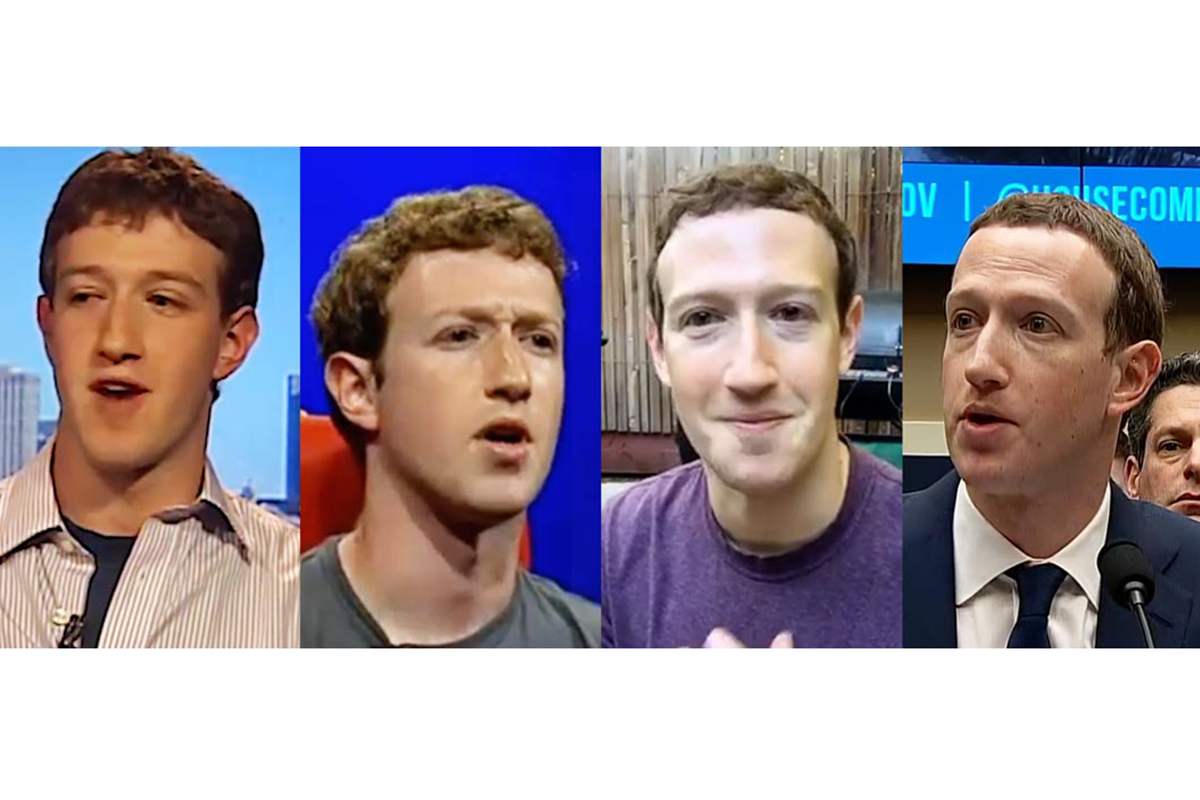From Disruption to Decentralization: Mark Zuckerberg's Wild Ride to...
Imagine being a college sophomore with a revolutionary idea that changes the world. Sounds like a dream, right? For Mark Zuckerberg, it was reality. From creating Facebook in his dorm room to becoming one of the most influential figures in tech, his journey is a fascinating story of innovation, perseverance, and adaptation. But his story doesn't stop there. He's continuously pushed the boundaries of what's possible, from artificial intelligence to virtual reality, and even cryptocurrency. Though he's often portrayed as a humble and outgoing man, he does have his fair share of controversies in the past.
The Early Years
Mark Zuckerberg was born on May 14, 1984, in White Plains, New York. He was raised in the nearby village of Dobbs Ferry, New York. He developed an interest in computers at an early age and began taking graduate courses at Mercy College while still in high school. After graduating from Phillips Exeter Academy in 2002, Zuckerberg enrolled at Harvard University.
The Facebook Era
 Zuckerberg was just a sophomore at Harvard in 2004 when he created a website called 'Facemash'. It was a simple site that allowed users to compare the photos of two students and vote on who was more attractive. But Facemash was just the beginning. Zuckerberg saw an opportunity to create something bigger. He teamed up with his college roommates and launched 'Thefacebook' in February 2004.
Zuckerberg was just a sophomore at Harvard in 2004 when he created a website called 'Facemash'. It was a simple site that allowed users to compare the photos of two students and vote on who was more attractive. But Facemash was just the beginning. Zuckerberg saw an opportunity to create something bigger. He teamed up with his college roommates and launched 'Thefacebook' in February 2004.
Despite facing legal battles and controversies, Facebook continued to grow rapidly. By the end of 2004, it had already attracted over 1 million users. Mark eventually dropped out of college to focus on Facebook full-time.
Expanding Horizons
In 2005, Facebook received a significant investment from the venture capital firm Accel Partners, leading to a rapid expansion of the platform. By December 2005, Facebook's membership had surpassed 5.5 million users. Over the years, Facebook evolved into a global social hub, attracting the interest of advertisers and developers.
Challenges and Controversies
Despite its success, Facebook faced challenges related to user data privacy and security. The platform came under regulatory scrutiny and legal action, including a $5 billion fine from the US Federal Trade Commission in 2019. Zuckerberg implemented changes to improve data practices, but the company continued to face criticism for its handling of security issues.
 In 2018, the Cambridge Analytica scandal further highlighted concerns about data privacy on Facebook. The company's handling of user data raised questions about transparency and accountability, leading to increased scrutiny and legal action.
In 2018, the Cambridge Analytica scandal further highlighted concerns about data privacy on Facebook. The company's handling of user data raised questions about transparency and accountability, leading to increased scrutiny and legal action.
The Shift to Meta
In 2021, Facebook rebranded as Meta Platforms, Inc., signaling a shift towards building a metaverse—a 3D virtual world. Meta's focus on augmented and virtual reality technologies aims to bring together its various apps and services under one brand. The rebranding raised concerns about privacy and security, as well as the potential for misuse of the metaverse for malicious purposes.
Exploring Cryptocurrency
Zuckerberg's interest in cryptocurrency led to the announcement of Libra in 2019, a digital currency aimed at revolutionizing global payments. Despite facing regulatory challenges, Libra was rebranded to Diem in 2020. However, Diem's launch was delayed due to concerns over data privacy and financial stability.
Web3 Innovations
 Mark Zuckerberg's Meta has introduced various innovations in Web3 technologies, including Horizon Worlds and Meta AI. Horizon Worlds is a social virtual reality platform that allows users to engage in immersive experiences and connect with others. Meta AI aims to provide accurate search results and assist users in various tasks, despite facing controversies related to bias and transparency.
Mark Zuckerberg's Meta has introduced various innovations in Web3 technologies, including Horizon Worlds and Meta AI. Horizon Worlds is a social virtual reality platform that allows users to engage in immersive experiences and connect with others. Meta AI aims to provide accurate search results and assist users in various tasks, despite facing controversies related to bias and transparency.
From virtual reality to decentralized finance, Mark Zuckerberg's Web3 innovations are shaping a future that's more immersive and interconnected. As the metaverse evolves, Zuckerberg's vision for a decentralized internet is becoming a reality.




















